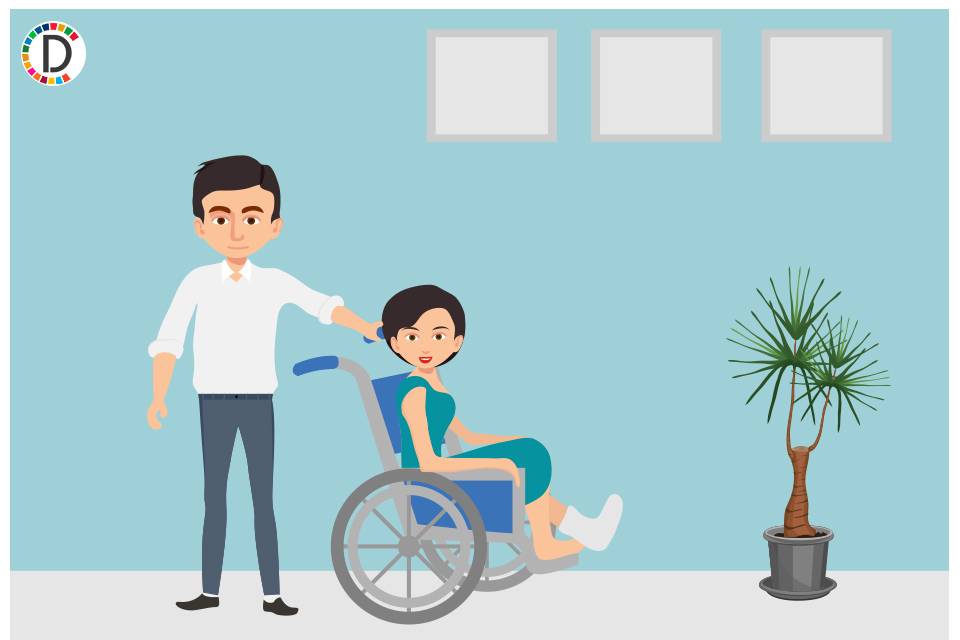Childhood Attention Problems: A Bridge to Psychosis Risk
Attention problems in childhood may mediate genetic risk for mental illness and psychosis-like symptoms, as shown by UCLA research. Attention span issues explained 4-16% of the risk correlation, suggesting attention as a potential intermediary factor in psychosis development. The study analyzed data from over 10,000 youths.

- Country:
- India
A recent study suggests that childhood attention problems could serve as an intermediary between genetic risk factors for mental illness and the development of psychosis-like symptoms. The research, conducted by UCLA, highlights a potential link to conditions like schizophrenia and the mania phase of bipolar disorder.
Psychosis often involves losing touch with reality through delusions and hallucinations, with concentration issues being an early indicator. Notably, attention problems accounted for 4-16% of the genetic risk association with psychosis-like symptoms, though not entirely explaining the connection, as per Sarah Chang, a study co-author.
The researchers utilized data from over 10,000 participants in the Adolescent Brain and Cognitive Development study. They found a correlation between genetic predisposition, attention span issues, and psychotic experiences, emphasizing attention's mediating role, according to lead author Carrie Bearden.
(With inputs from agencies.)










